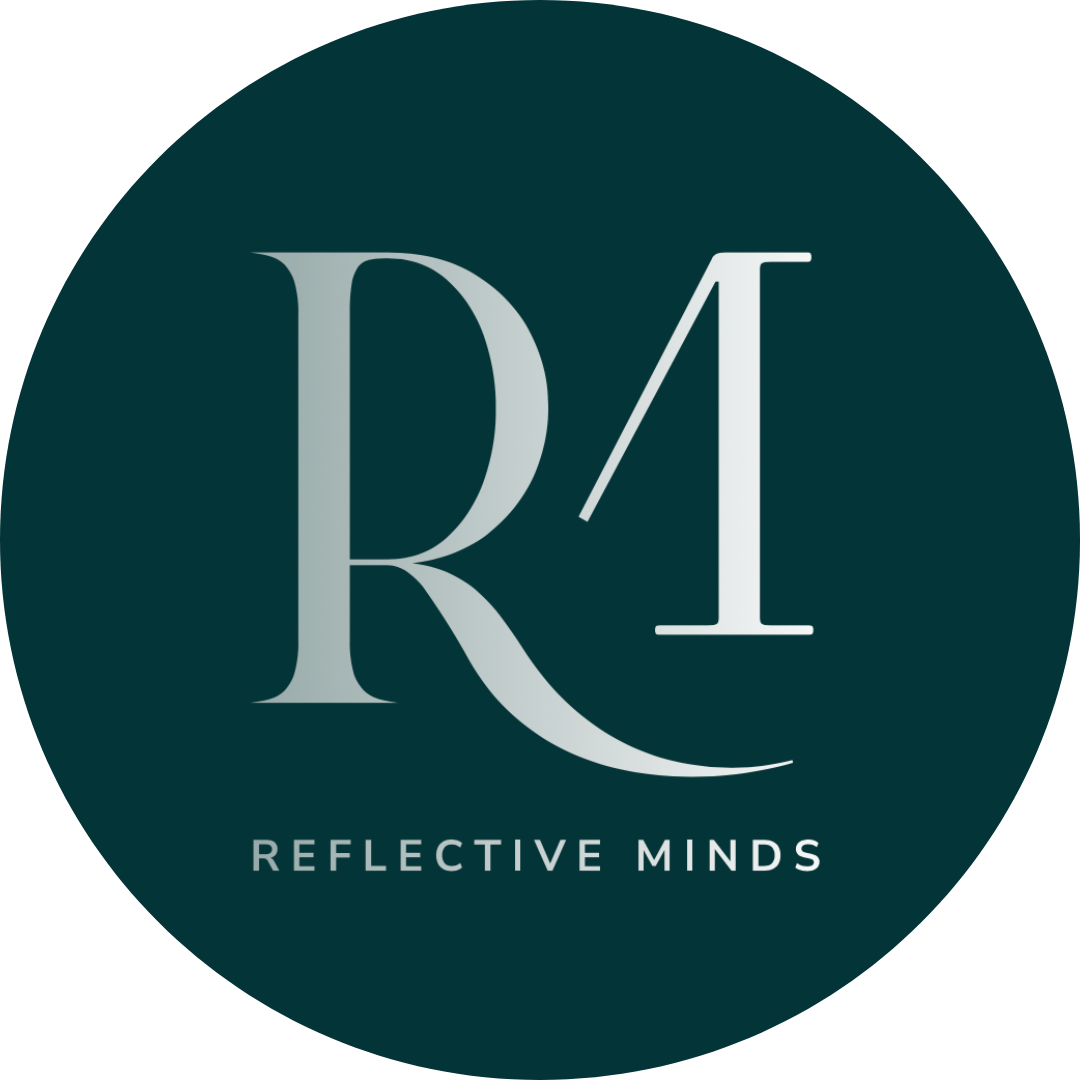Life is a complex web of experiences, and for some, it includes navigating the aftermath of trauma. What many may not realize is that trauma can have far-reaching effects, including on cognitive function.
In this blog, we’ll explore the often-overlooked link between trauma and Adult Attention-Deficit/Hyperactivity Disorder (ADHD) and how understanding this connection can lead to more effective approaches to healing.
Understanding Trauma:
Trauma encompasses a range of experiences, from acute events like accidents or assaults to ongoing situations such as neglect or abuse. Its impact on mental health can be profound, often leading to conditions like anxiety, depression, and, in some cases, Adult ADHD.
The Overlap:
Research has shown a significant correlation between traumatic events and the development of ADHD in adulthood. It’s important to note that not everyone who experiences trauma will develop ADHD, but the connection highlights the complexity of the human brain’s response to stress and adversity.
Common Symptoms Shared by Trauma and ADHD:
- Difficulty Concentrating: Both trauma survivors and individuals with ADHD may struggle to maintain focus, particularly in high-stress situations.
- Impulsivity: Impulsive behavior can be a hallmark of both trauma-related stress responses and ADHD.
- Emotional Dysregulation: Intense emotional reactions and difficulty in managing emotions are common in both conditions.
The Role of Coping Mechanisms:
For some, symptoms may develop as a coping mechanism in response to trauma. The hyperactivity and impulsivity associated with ADHD may provide a temporary relief from the emotional pain and numbness that can accompany traumatic experiences.
Approaches to Healing:
Recognizing the connection between trauma and ADHD is a crucial step in developing effective treatment plans. This might include a combination of therapy modalities, such as Cognitive Behavioral Therapy (CBT) to address trauma-related symptoms, and strategies specifically tailored for managing ADHD.
In Summary
Understanding the link between these conditions opens up new avenues for healing and growth. It reminds us that our experiences, though challenging, do not define us.
With the right support, a blend of professional guidance and personal connection, there’s hope for a brighter, more focused future.

